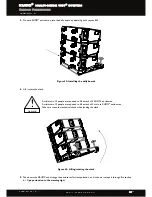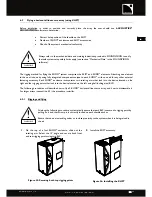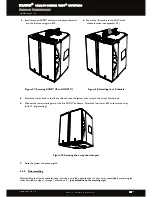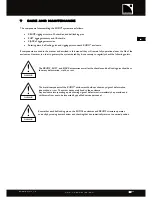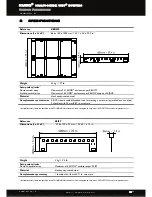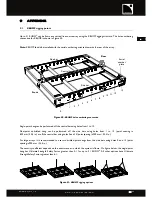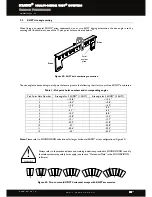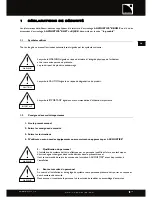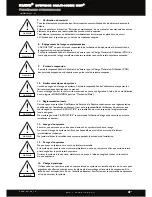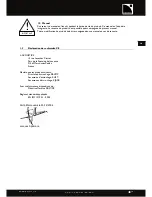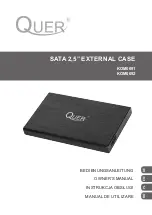
KUDO_RM_ML_1.0
w w w . l - a c o u s t i c s . c o m
1 fr
FR
1
DÉCLARATIONS DE SÉCURITÉ
Les informations détaillées ci-dessous s’appliquent à la structure d’accrochage
L-ACOUSTICS
®
KBUMP
ou à l’un des
accessoires d’accrochage
L-ACOUSTICS
®
KLIFT
ou
KJACK
, dénommé par la suite
‘‘le produit’’
.
1.1
Symboles utilisés
Tout au long de ce manuel les risques potentiels sont signalés par les symboles suivants :
Le symbole WARNING signale un risque d’atteinte à l’intégrité physique de l’utilisateur
et de toute autre personne présente.
Le produit peut de plus être endommagé.
Le symbole CAUTION signale un risque de dégradation du produit.
Le symbole IMPORTANT signale une recommandation d‘utilisation importante.
1.2
Consignes de sécurité importantes
1.
Lire le présent manuel
2.
Suivre les consignes de sécurité
3.
Suivre les instructions
4.
N’utiliser en aucun cas des équipements ou accessoires non approuvés par L-ACOUSTICS
®
5.
Qualification du personnel
L’installation du système doit être effectuée par un personnel qualifié et formé aux techniques
d’accrochage et consignes de sécurité décrites dans le présent manuel.
Il est recommandé de suivre les sessions de formation L-ACOUSTICS
®
avant de procéder à
l’installation.
6.
Santé et sécurité du personnel
Au cours de l’installation et du réglage du système toute personne présente doit porter un casque et
des chaussures de sécurité.
Dans aucune circonstance le personnel n’est autorisé à escalader un assemblage d’enceintes.
!
WARNING
!
WARNING
!
IMPORTANT
!
CAUTION
!
WARNING








